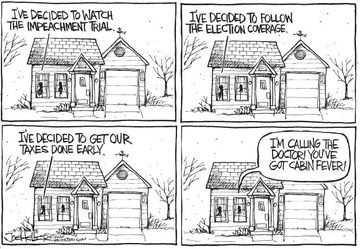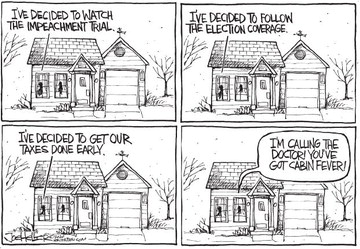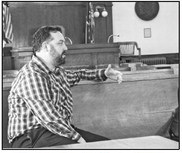School and business partnerships benefit everyone


Like many public school districts, the Rib Lake High School’s technology education shop classroom equipment is a hodgepodge of old and new. Some of this equipment remains useable for instruction, other pieces simply take up space and some probably belong in museums.
Earlier this month tech ed teacher Doug Eichman went to the Rib Lake School Board with a proposal to reach out to area employers to see how the district can partner with industry to ensure students graduate ready to enter the workforce with the skills and training needed to fill jobs in today’s economy.
Having a formal and open line of communication between school districts and area employers is an opportunity to ensure that educational programs are responsive to the needs of the modern workforce.
From the school’s perspective, it can provide valuable input on what is working versus what needs improvement in ensuring that young people have the skills and knowledge needed to be successful in the workplace. At the same time, input from real-world employers can provide insight into needed equipment upgrades for shop classrooms. In some cases, industry may also be willing to provide equipment for the students to use to enable them to go from the classroom to the workplace quickly. Beyond what tools to use, employers can also provide valuable insight to schools regarding the critical thinking and problem solving skills needed in the workplace.
Industry benefits from these types of partnerships by knowing they have a talented pool of individuals to pull from for recruiting. According to the Society for Human Resource Management, on average it costs a company about $4,000 in expenses to recruit an employee. While not every person in a tech ed program will go directly into the workforce, building a relationship between the potential future employer and the student before the young people are looking for a full time job will be a benefit to both parties. Employers will know what they are getting and young people will have a better understanding of real-world work conditions.
The model of private sector partnerships in the classroom is not applicable to every curriculum area.
There are legitimate concerns about over-involvement of outside groups in some areas of school curriculum. Every group has its own agenda. School offi cials need to guard that these agendas align with the values and goals of the district. Schools must have the independence to follow the academic guidelines set by the local school board and state standards.
That said, tech ed departments are uniquely suited to benefit from a close relationship between the school and private sector employers. Such relationships will reap rewards for schools with access to expertise, advice and equipment while providing young people an opportunity to build a relationship with a future employer and have an easier transition from school to the workplace when they complete their eduction
Members of The Star News editorial board include Publisher Carol O’Leary, General Manager Kris O’Leary and News Editor Brian Wilson.





